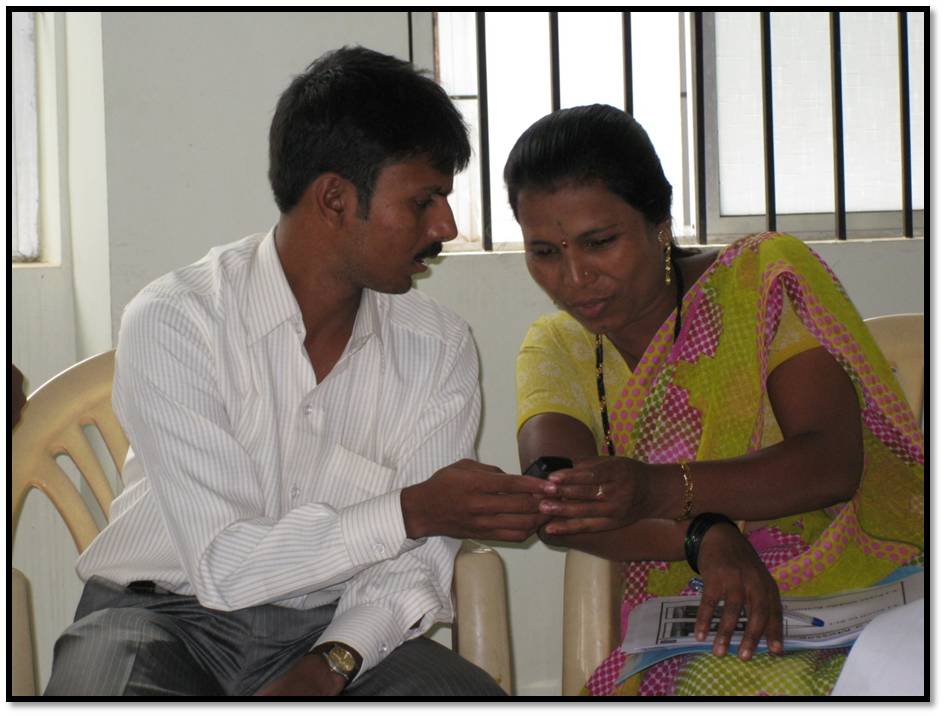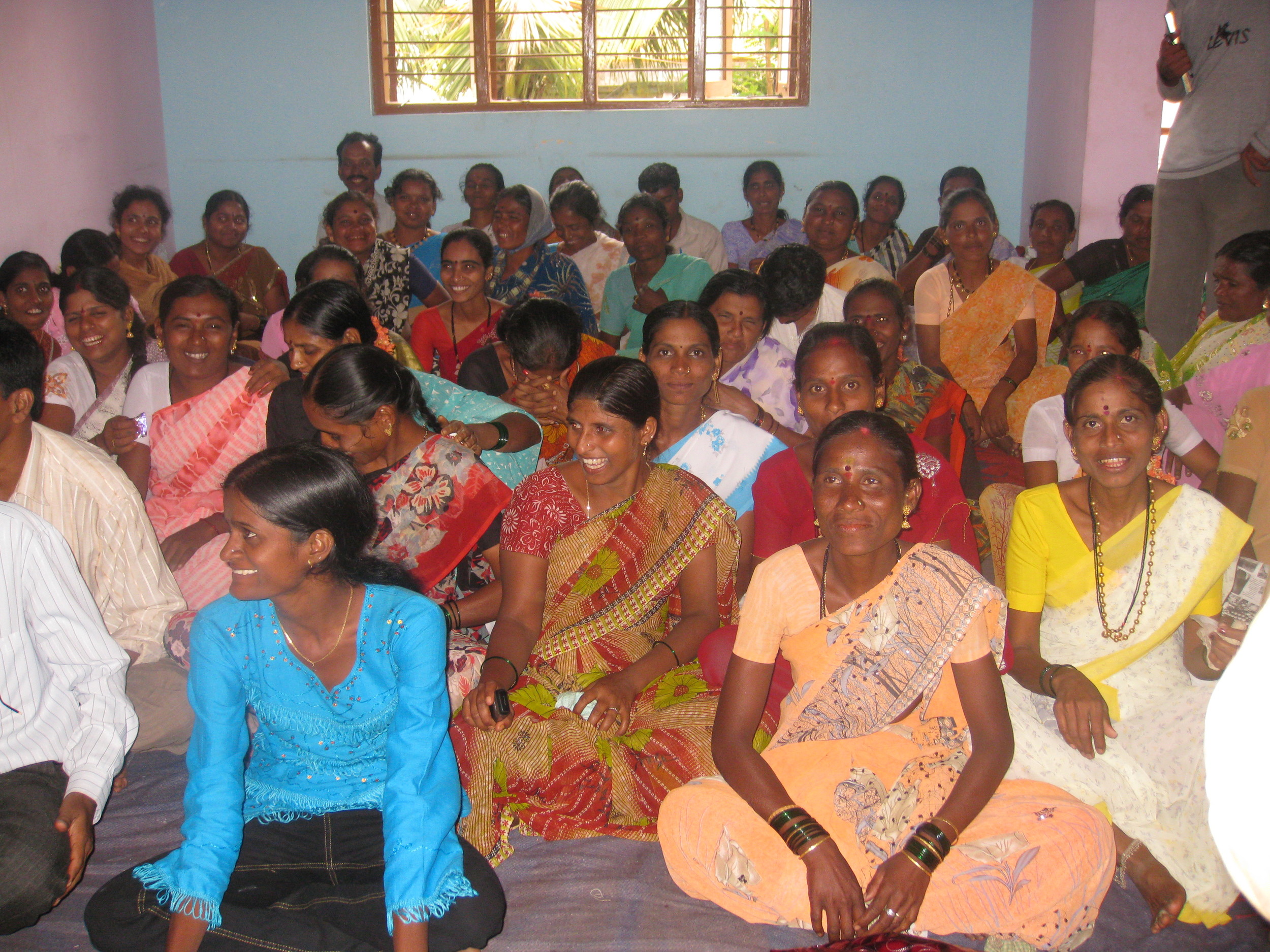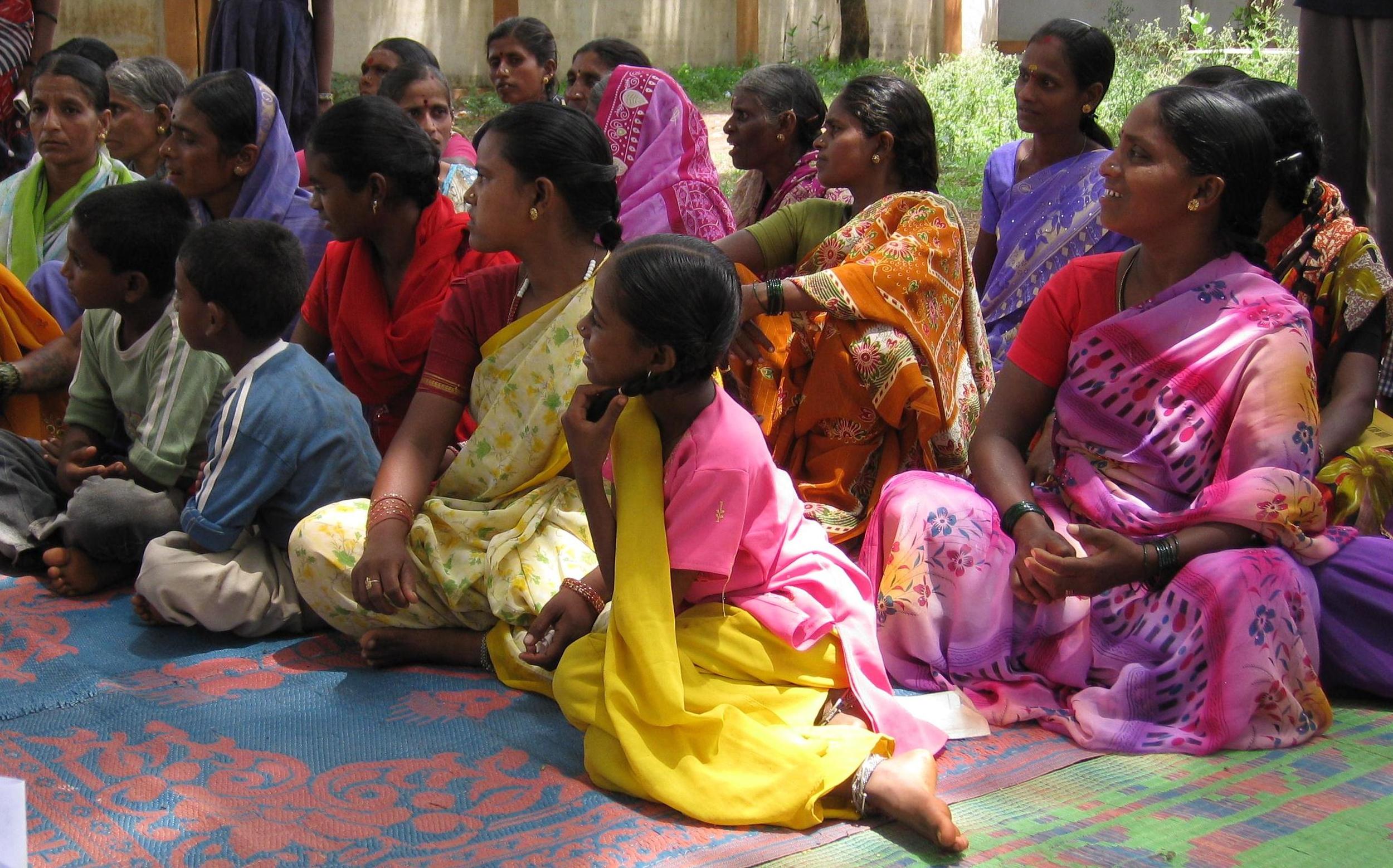In the twenty-fourth in our series of guest blog posts, we'll hear about how FrontlineSMS is helping Karnataka Health Promotion Trust, and a team of students from the University of Southern California, to build a network of people living with HIV/AIDS in India.

“Jaalaka” means “network” in Sanskrit. In Hubli-Dharwad, FrontlineSMS technology is being used to connect members of the HIV/AIDS population in a widespread rural network to improve service delivery and social support.
Hubli-Dharwad, a peri-urban district in Karnataka, India, has experienced a significant HIV/AIDS endemic. Most of the infections occur amongst the rural female sex-worker population. There is a significant lack of knowledge about STI prevention and treatment amongst these sex workers, which has contributed to the growth in the rate of infections. The Karnataka Health Promotion Trust (KHPT), a government organization that funds and administers public health programs in Hubli-Dharwad, spearheads several programs to combat the spread of HIV/AIDS and other STIs. In order to target the high risk population of female sex workers, KHPT formed a partnership with the Bhoruka Charitable Trust (BCT), a local NGO aimed at promoting health and livelihoods among female sex workers. Since the Hubli-Dharwad region includes over 372 rural villages, BCT employs both professional Outreach Workers as well as volunteer Peer Educators (whom are also female sex workers) to travel to distant villages to educate female sex workers about the risk of HIV/AIDS and to promote safer sex practices.

In summer of 2009, a group of University of Southern California (USC) students, along with financial and logistical support from the Deshpande Foundation, helped launch a pilot program with FrontlineSMS software to improve BCT’s data collection and service delivery. Currently, BCT employs two uses of the Frontline Forms program. Peer Educators make contact with rural female sex workers in the field and complete a Referral Slips via Frontline Forms and the information is immediately sent to the BCT headquarters. The Outreach Workers in the field also completes Daily Reports through Frontline Forms and sends it to the headquarters. By using FrontlineSMS technology as opposed to paper forms, BCT is able to expedite the exchange of information with its staff members in various remote rural areas throughout the district.

As of today, BCT has implemented the program with 37 Peer Educators and 10 Outreach Workers. Both BCT and KHPT have been extremely pleased with the results and are eager to expand the program. Currently, a new team of USC students will be working during the summer of 2010 to troubleshoot technical issues and develop new uses of FrontlineSMS for BCT and other HIV/AIDS advocacy organizations in Hubli-Dharwad.
For more information, check out the USC team's page about the project.
